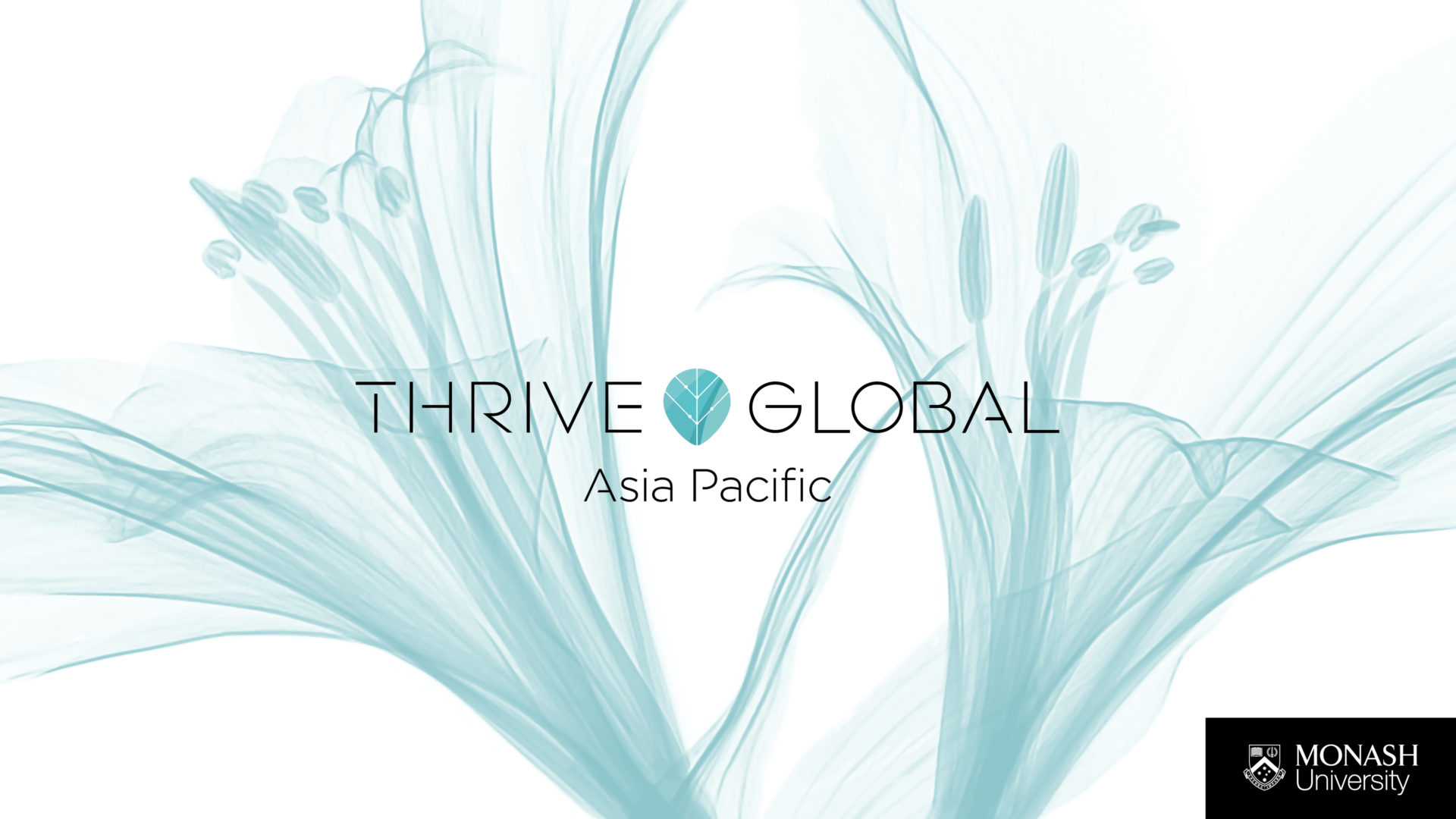The onset of the pandemic forced us all to rethink how we live and work, and it is Adam Grant’s hope that in 2022 – and beyond – we practise rethinking more deliberately and proactively.
An organisational psychologist, best-selling author and one of today’s most influential business advisors, Adam says now is the time “to think more like a scientist”.
What does this mean?
You possess “the humility to know what you don’t know, and doubt what you think you do know”, have the curiosity to explore alternative views, and “don’t let your ideas become your identity”.
“It means you’re as motivated to look for reasons why you might be wrong, as you are to search for reasons why you must be right,” he says.
Speaking at an exclusive forum for T2 hosted by Thrive Global APAC, Adam told how major companies had gone out of business – large bookstore chains, tech, toy, camera and video rental outlets – not because they were bad at thinking, but they were “just too slow when it came to rethinking”.
“They fell in love with the way they’d always done things and … did not question their assumptions until it was too late,” he said.
Adam, who is also a top-rated Wharton School professor and a member of Thrive Global’s Scientific Advisory Board, explained that we have to evolve our own thinking to keep up with our rapidly-changing world.
Rethinking does not mean always changing your mind, he noted.
“It just means you stay open to re-evaluating and reconsidering.
“Where we need to be really flexible is when it comes to our plans and policies.
“We should be willing to pivot on our strategy tomorrow.
“We should be willing to rethink our decisions any week where we get new information.”
There was growing evidence that anyone who learned to think like a scientist became a better decision-maker, Adam said.
He cited an experiment in Italy where hundreds of start-up founders were randomly assigned to either a scientific-thinking group or a control group. The test group were to think of their start-up strategy as being just a theory, and if they launched a new product, they should consider that an experiment to test their hypotheses.
“Over the next year, the founders who had been randomly assigned to think like scientists, bring in, on average, more than 40 times the revenue of the control group,” Grant said.
He emphasised that the scientific-thinkers had been more than twice as likely to pivot when a product launch failed.
“[It was] a staggering effect. One of the biggest I’ve ever seen as a social scientist.”
Adam shared the following strategies, which can help support your rethinking efforts:
Build a challenge network
This is a group of “thoughtful critics” who will dish out “tough love” – “the critical feedback you may not want to hear but you desperately need to hear”. While your support network is likely to be comprised of “agreeable givers” – people who don’t like conflict and hesitate to ‘rock the boat’ – the best members of your challenge network are often “disagreeable givers”, Adam said, “who you trust to hold up a mirror so you can see your own blind spots more clearly”.
Create a culture of psychological safety
Adam highlighted the importance of people feeling they can speak candidly, without fear of punishment, so they are more willing to rethink and tell you what you need to rethink. He said the foundation of building psychological safety was encouraging people to raise problems “even if they don’t know how to fix them yet”. Instead of a suggestion box, Adam suggested creating a ‘problem box’. “In many cases it’s just a Google doc, where any time you see something broken – it could be a technical bug, a management bug, a culture bug – you submit it. And then everyone can see it and rate it, so you get immediate feedback on whether you’re raising a critical issue to rethink.”
Build rethinking time into your organisation’s calendar
Prioritise rethinking in your organisation by scheduling it. Adam believes if you can’t find at least an hour a week for everyone “to do rethinking time”, then “you are not committed to being original”.
Adam said now was the “ideal moment” to think like a scientist and run more experiments, to invite your challenge network to share ideas for what you should rethink, and to ensure you’ve established psychological safety, so people know their voices will be heard even if you don’t follow their suggestions.
“I think if we do that, we will not only end up with a higher functioning organisation on average, it’s also a little bit more fun, because we’re always learning and unlearning.”
Adam Grant’s latest book is Think Again: The Power of Knowing What You Don’t Know. He is also the host of the TED podcast WorkLife.

Thrive Global Asia Pacific
An alliance between Thrive Global and Monash University with the mission to end the stress and burnout epidemic. The partnership brings an evidence-based approach to well-being and performance, and works with organisations to deliver programs that lift the performance, resilience, engagement and mental health of employees.
Unlock your people’s potential today
Enter your details to stay up to date with the latest news events and program updates.





